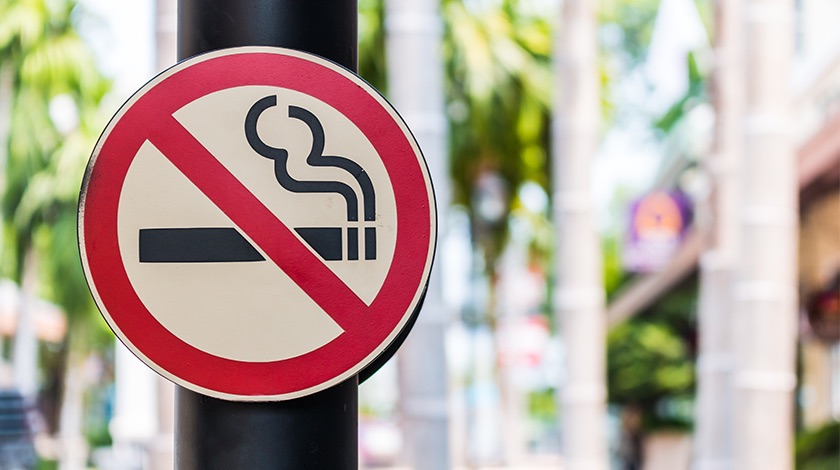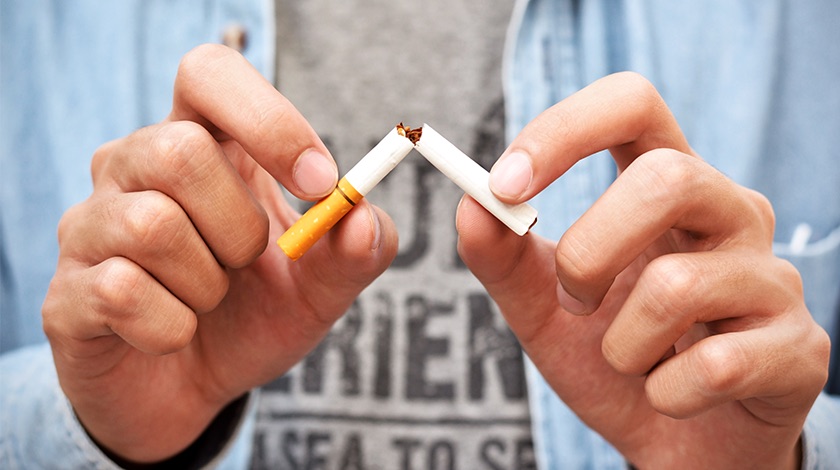The World No Tobacco Day is one of the most important days in the World Health Organization’s (WHO) calendar. This occasion highlights the numerous health risks associated with tobacco consumption and the challenges that continue to plague the global effort to combat tobacco use. It also shines the spotlight on the policies being implemented to protect future generations from the impact of this dangerous substance. 1
Tobacco’s Deadly Effects
Approximately 6 million people a year die from tobacco-related health complications, making tobacco one of the deadliest substances ever manufactured. More than 600,000 tobacco-related deaths per year are the result of second-hand exposure to cigarette smoke.2
To combat this intimidating public health threat, the WHO will lay down more transparent and comprehensive tobacco control regimes on May 31 this year. In particular, it focuses on the need for more active government intervention in low to middle-income countries, which account for over 80% of all premature tobacco-related deaths.2 The pivotal role played by national governments in regulating tobacco use is therefore one of the key messages for World No Tobacco Day 2017.
Controlling Tobacco Use for a Healthier World

Preventing the diseases and deaths that result from cigarette smoke isn't the only objective of the WHO’s sprawling anti-tobacco campaign. Here are several other vital economic and environmental benefits that the campaign is targeting.
- Higher productivity. Healthy citizens are productive citizens; the converse is true when you have a workforce crippled by the debilitating diseases linked to smoking. Tobacco use costs the world economy billions of dollars each year.3
- Reducing stress on national budgets. Countries which opt for a welfare state or subsidized healthcare system come under enormous financial stress due to tobacco-induced illnesses. Discouraging tobacco use reduces the incidence of these ailments and correspondingly frees up money in national budgets for other worthwhile causes.3
- Increasing development income. The hard truth is that tobacco use will never be eradicated, although that should not deter us from doing our utmost to minimise it. So long as tobacco use persists, tobacco taxes will be a strong source of tax revenue, which in turn can be used to fund anti-tobacco campaigns. The WHO estimates that a staggering $190 billion USD in development funding would become available if cigarette taxes around the world were raised by just US$1.3
- Protecting the environment. Tobacco farmers continue to employ a disproportionately high volume of pesticides, chlorofluorocarbons and toxic fertilisers. The tobacco farming industry has also been heavily criticized for lagging behind the rest of the agricultural sector in crucial environmental protection initiatives such as reducing deforestation or developing sustainable methods of waste disposal. Reducing demand for tobacco products will reduce the effects of these harmful industry practices on our precious environment.4
There’s much more to be done in the fight against tobacco consumption. On World No Tobacco Day 2017, the world renews its commitment to this vision of a smoke-free world.
Resources
- World No Tobacco Day 2017: Tobacco - a threat to development. World Health Organization. Visited 31 March 2017.
- Tobacco World Health Organization. Visited March 31 2017.
- World Health Organization. WHO Report on the Global Tobacco Epidemic, 2015. Raising taxes on tobacco. Available on http://www.who.int/tobacco/global_report/2015/report/en/, Visited 03 April 2017.
- The Sustainable Development Agenda. United Nations. Visited 21 March 2017.

